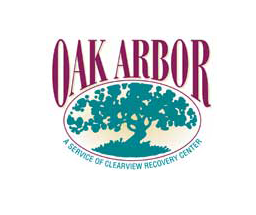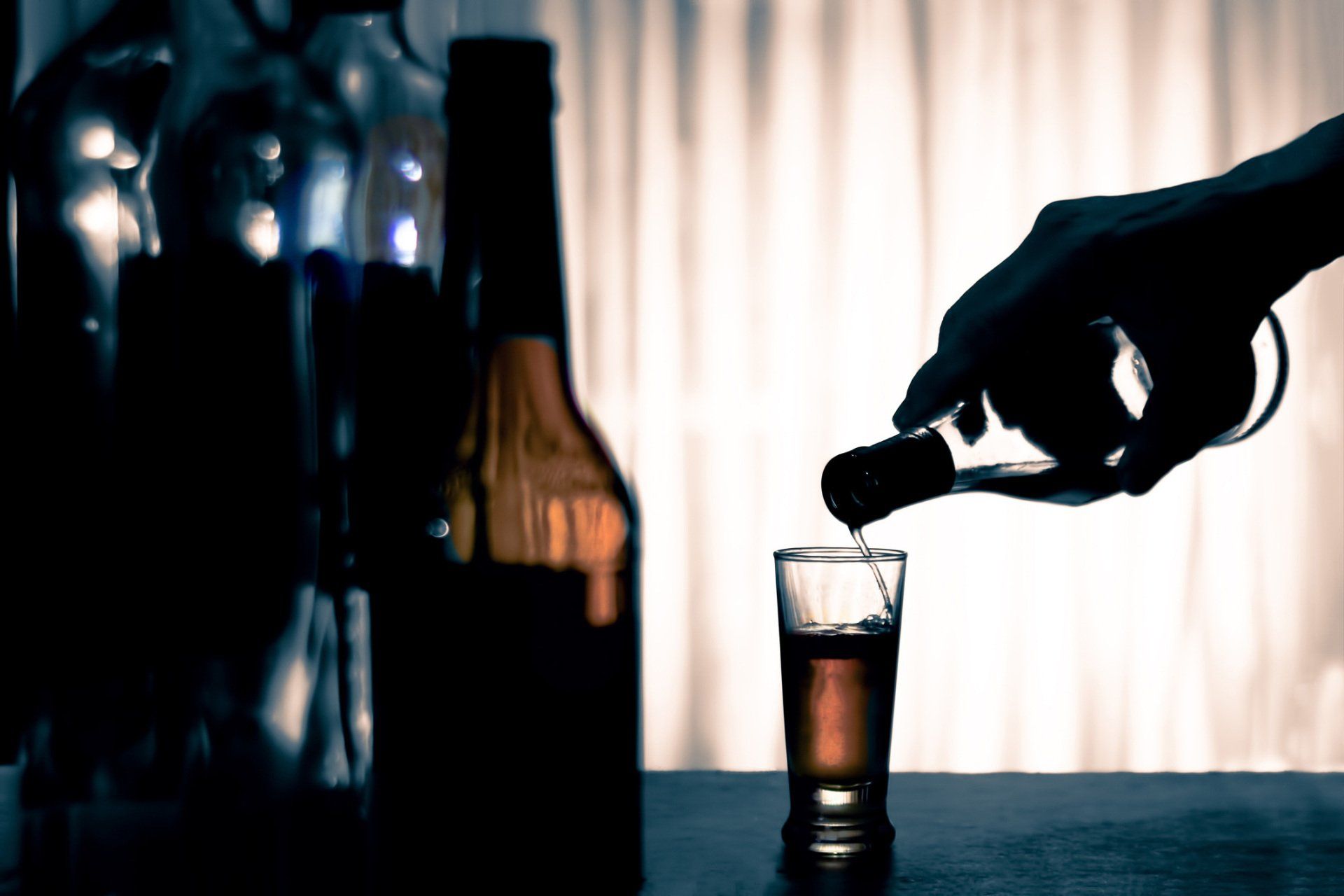Watch for These 4 Signs of Addiction
- By Admin
- •
- 13 Apr, 2022
- •
Substance abuse takes a massive toll on Americans, including over 70,000 overdose-related deaths per year. Many individuals who abuse alcohol or other drugs do so not because they particularly want to, but because they've developed a dependence on their substance of choice that requires treatment to break.
You might not know whether a loved one struggles with addiction or even if you yourself have developed an addiction unless you can recognize the telltale symptoms of such a problem. Take a look at four potential signs that you or someone you know might need help overcoming a drug or alcohol addiction.
1. Escalating Consumption and Tolerance
If you notice someone in your life drinking or taking drugs in increasingly larger quantities without growing more impaired than usual, that person's body may have developed a chemical tolerance to the substance. As the body grows accustomed to a certain dosage, the person must take more to achieve the same effect.
An ever-increasing tolerance may serve as an early warning of chemical dependence. It also poses significant risks and dangers, because the body can't necessarily withstand a dosage beyond a certain maximum. The individual's escalating consumption may then lead to serious physical damage or even a fatal overdose.
2. Physical Withdrawal Symptoms
The more accustomed the body and mind become to substance abuse, the more traumatic a withdrawal from that substance may prove. Once the body expects certain levels of a drug, it can malfunction without that drug, producing uncomfortable or even dangerous withdrawal symptoms until the person resumes drug use.
Common withdrawal symptoms include weakness, muscular aches and pains, nausea, vomiting, nightmares, depression, and anxiety. If someone you know displays these symptoms in the absence of a known medical condition, that person may suffer from an addiction and may require medically supervised detoxification.
3. Health and Appearance Issues
Addiction can drastically alter someone's physical health and appearance. Although these changes may develop gradually enough that the affected individual doesn't necessarily notice them, others can often detect the differences. Sometimes, the signs can prove as subtle as a growing disregard for personal hygiene.
As an addiction worsens, so may the outward signs of its effects on the body. Watch for changes such as slurred speech, bloodshot eyes, recurring bloody noses, trembling hands, bad breath (due to lack of dental hygiene), and changes in weight that reflect either binge eating or loss of appetite.
4. Behavioral Changes
Behavioral changes can accompany the physical signs of addiction. For instance, either the drug in question or withdrawal from the drug can produce irritability, confusion, a new tendency toward risky behaviors, conflicts with coworkers and family members, and a sudden inability to perform everyday tasks.
Drug addiction can devastate an individual's finances, especially if that individual needs more and more of a certain substance to get high or simply avoid withdrawal. Your troubled friend or colleague may start making frequent requests for loans or even start stealing either money or objects that can help fund a drug habit.
An individual who is addicted will feel compelled to get ahold of the addictive substance in any manner possible. For instance, if a doctor stops writing prescriptions for a certain drug, the individual may start visiting another doctor or even multiple doctors. You might even catch a loved one who is addicted taking drugs from your medicine cabinet.
A loss of interest in hobbies, relationships, and other previous sources of enjoyment can indicate a possible drug or alcohol addiction. As the substance takes over more of the affected person's focus, other activities can fall by the wayside. The individual who is addicted may reject old friends in favor of a new, drug-using crowd.
Whether someone you care about clearly needs help with an addiction or you've started noticing the signs of addiction in your own health and behavior, Oak Arbor can help. Contact us today to learn more about our addiction treatment and rehabilitation services.






